Passion and Compassion in Early Christianity
This book examines how the early Christian elite articulated and cultivated the affective dimensions of compassion in a Roman world that promoted emotional tranquillity as the path to human flourishing. Drawing upon a wide range of early Christians from both east and west, Wessel situates each author in the broader cultural and intellectual context. The reader is introduced to the diverse conditions in which Christians felt and were urged to feel compassion in exemplary ways, and in which warnings were sounded against the possibilities for distortion and exploitation. Wessel argues that the early Christians developed literary methods and rhetorical techniques to bring about appropriate emotional responses to human suffering. Their success in this regard marks the beginning of affective compassion as a Christian virtue. Comparison with early modern and contemporary philosophers and ethicists further demonstrates the intrinsic worth of the early Christian understanding of compassion.
{{comment.content}}
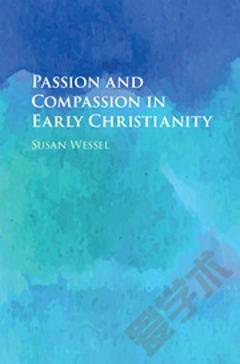
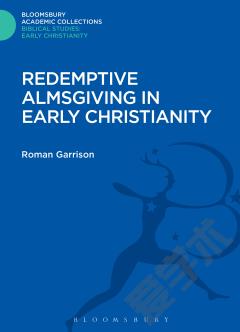

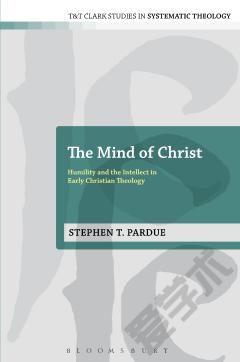
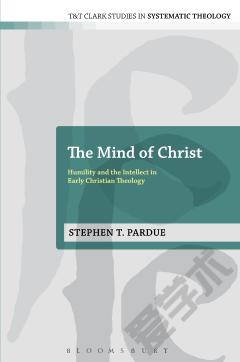
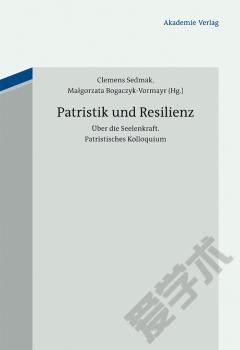
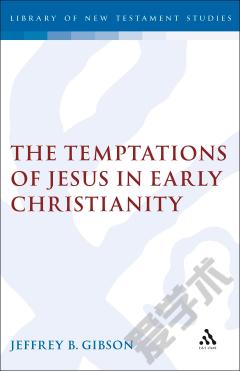

 京公网安备 11010802027623号
京公网安备 11010802027623号